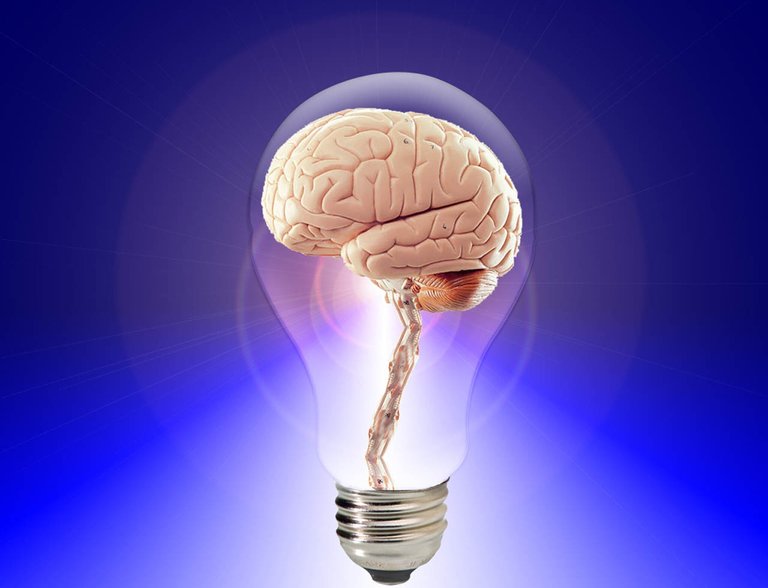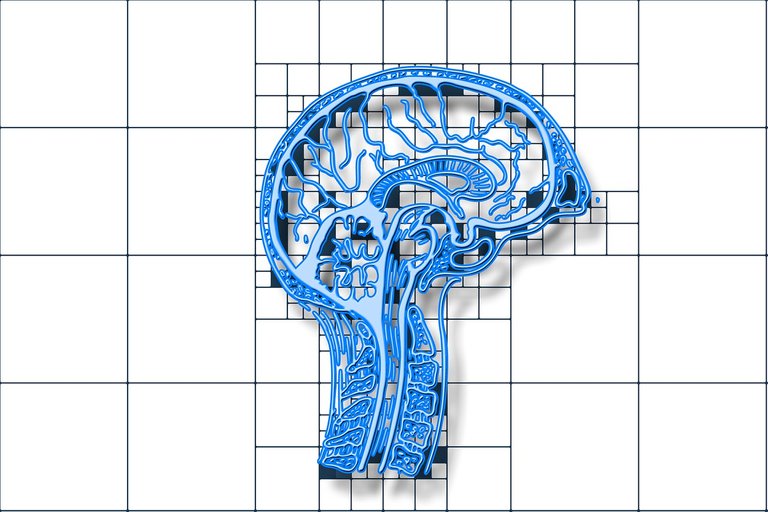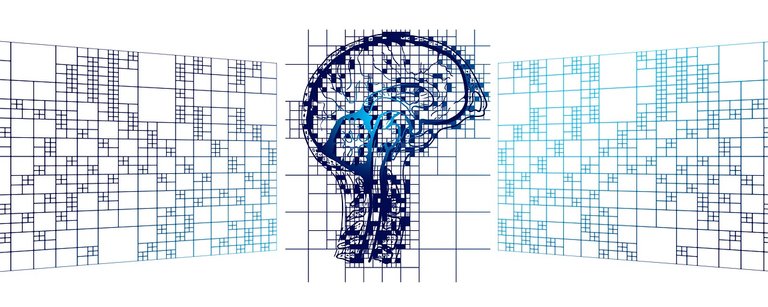How Repetition Is Crucial to Building Muscle Memory- My opinion from experience
You know what, I first got to experience the power of repetition in building muscle memory firsthand as a drummer, even before I experienced it as a Physiotherapist.
As a drummer, I learnt the power of patience in building muscle memory. I realized you build from the ground up. Drumming usually entails learning a particular rudiment slowly for hours and learning to increase the speed of your hand movement without having to think too much about it. In theory, you move from about 145 bpm (beats per minute) to about 200 or more bpm of hand and stick movement with repetition.
This is not in achieved in hours, we are talking of days of repetition. You do it over and over and over again till your body moves without your mind, you play it without thinking about it, for you to play without thinking about it, those neural pathways have to be established and reinforced and this can only be achieved through what we call repetition.
The longer it takes to build this neural pathways and muscle memory through repetition the longer it usually takes to master a skill or a motor movement. The only reason why we have prodigies in a particular craft, art, sport or skill is because these above-average sets of people are capable of building established neural pathways in relation to a particular skill, art or craft faster, sometimes much faster compared to what we consider normal for an average homo-sapiens.
Hey, let's not forget about the tortoise in this race! some of us need time to age and develop into something truly exceptional. So, when it comes to building neural connections, don't rush us! We're marathoners, not sprinters. We'll get there eventually, and when we do, our neural pathways will be smoother than a baby's bottom... And that's okay! After all, slow and steady wins the race...or at least builds stronger neural pathways.
I have watched myself master a skill ( drumming) and I have also found myself watching others and someone master a skill that seems almost impossible, like playing a complicated musical piece or mastering a difficult dance move and they eventually become a master.
The question goes thus, how’d they do it?
Was it years of practice? Or maybe they had a secret talent that we mere average could never attain?
The only answer is, in reality, they most likely, all other things being equal, used repetition to build muscle memory.
Repetition is the key to mastering any skill, it is the long and easiest shortcut to mastery. Now forget being a superhuman or having special abilities, let not be too imaginative here, but with enough practice, repetition can help you become an expert at anything and I mean anything as long as of course you have the body part for it, if you know what I mean.
Let go a bit more sciency to spice things up👇👇
What Is Muscle Memory?
You see, that feeling you get that you can perform a particular movement without thinking too hard about it. It sometimes feel like your legs or hand move on it own in response to a relatable stimulus. Well, you see that that movement without too much thinking-like state has a name – it's called muscle memory!
For instance take a look at professional stunt men, and of course women, they move their body midair adjusting there tempo, rhythm and dynamics to achieve the perfect stunt, imagine having to think so much about adjusting your movement midair while performing a stunt, mehn you are gone! Like literally, that why repetition is needed, only a ample amount of time is given, repetition which build muscle memory shortens your reaction time making you a master at whatever you have repeated over and over again.
Now that we have that down
Muscle memory which we have established to be the ability to remember motor skills that have been acquired through repetition.
You see, During repetitions, the brain forms pathways connecting neurons to form a kind of habit circuit. It's like creating a mental roadmap of your action plan so you can recall it later without having to think about every single step.
By engaging in activities that require physical coordination and practice, you build and strengthen these pathways in your brain so they become automatic. Let's use the analogy of a dancer now, now a newbie dancer may get tired easy from learning a new dance move, because he has to use more energy thinking so hard on ok, how is this hand supposed to move, how is that leg supposed to shake, as a result he tires out, but over time with repetition less energy is used because less time is required to carry out those movement.
So when they say ‘Practice makes perfect', they ain’t wrong! With enough repetition and training, soon enough, repeated skills become second nature – and achieving goals engraved in this skills will seem far less daunting than before.
Now lets take a proper look at How Repetition Help Muscle Memory?
"practice makes perfect," the saying never gets old, but for me, the so called saying is only true if you know how to practice correctly. That's where repetition comes into play – it's a crucial element for helping to build muscle memory and drastically improve your performance. See, when you do something over and over again, your body gets really accustomed to performing the same task and so it does it better,faster and more precisely.
Now this is not just a drill neither is it an old wives' tale? Not at all! Science has proven that consistent practice provides tangible benefits, such as increased accuracy, improved speed of execution and even better memory retention.
There is no equity in repetition– if you really going to get the most out of muscle memory, you need to focus on different aspects of movement (like speed, precision or technique) each time you practice.
You have to make it a priority to make each session counts, break down the movements into smaller tasks and mix them up as much as possible. That way your body (and brain!) can learn different types of tasks quickly and effectively.
So when it comes time to mastering that skill or reaching that goal – don't forget that repetition is key!
Different types of repetitions based on their intensities-
For athletes, repetition is key to success. After all, if you want to master a skill and make it into an effortless habit, repetition is critical for cementing the behavior into your brain. Here's some advice for those looking to increase their muscle memory through repetition: it's all about finding the right type of reps for different intensities.
Let's say you're trying to build strength. You'll need to focus on heavy weights with low reps—you can generally call this "the 1-rep maximum" or "1RM", now this means just what it sounds like: one rep of the heaviest weight that your muscles are able to handle for that particular exercise.
But if you're looking for muscular endurance—perhaps for those marathon races—then you'll want to go lighter on the weights but higher on the reps.
Finally, if you're looking to trigger some serious muscle growth, then drop the weight down yet again but increase your reps up to 12-15 per set. This method works especially well if you're seeking out some serious hypertrophy—AKA massive gains!
By understanding the different types of repetition and putting them into practice in different ways, you'll be able to maximize your results from training and really supercharge your muscle memory!
How Long Does It Take to Build Muscle Memory?
Oohkay this frankly depends on the individual, there is no one size fit all, therefore there is no telling, what is a telling is repeat and repeat until it built and established.
But have you ever wondered just how long it takes to commit those movements to muscle memory?
Let's demystify that a bit. We established earlier that "muscle memory" is and according to scientists, it's the ability of neurons in our central nervous system to remember patterns of movement so that we can do them automatically and without thinking.
So how long does it take? Well, researchers have found that it typically takes 15-30 repetitions of a movement pattern for our brains to make those connections strong enough for us to perform actions intuitively and accurately without much thought. It can take even longer—up to 100 repetitions—to truly master a new skill.
It makes sense though—the more powerful and accurate our muscles become over time from repeating the same movements over and over again, the more efficiently we can execute them with little conscious thought involved.
Benefits of Muscle Memory Training
Building muscle memory is a lock, with repetition as the key—and like we said not just any repetition, but the right kind of repetition type. Let me emphasize this, know that every time you repeat an activity in exactly the same way, your brain gets better at telling your muscles how to move automatically without you having to think about it. It's like a trip through deja vu, except with an action instead of an experience.
This is the science behind muscle memory training:
Work on specific skills: Breaking down complex skills into smaller parts helps you hone in on exactly what needs to be repeated for success.
Engage all five senses: When performing an activity, try to pay attention to every sensation you feel and every sound you hear so that your body remembers them for next time.
Repetition is essential: To truly build muscle memory, repetition is essential—it’s the only way your body can learn and remember skill movements over time securely.
Take breaks: Rest days give your body time to consolidate what it has learned so far and prepare for further training sessions.
The goal of muscle memory training? To practice enough that all the physical pieces come together into one smooth mental recall system and eventually become second-nature behavior, taking less energy and effort with each attempt until finally...voila! You’re a master!
So, all in all, repetition is an invaluable component of building muscle memory. As the great ancient philosopher Plato (or was it Rembrandt?) once said:
"Repetition is the key to success. If at first, you fail, try, try, try again, never stop !!!"
Now added bonus for reading this and staying till the very end, someathing to take along with you, short and simple, remember, the more you practice, the better you get, mastery never happens overnight. So let's keep at it !!!
Thanks for reading, Sayonara 🖐️
References/Resources
https://www.washingtonpost.com/news/wonk/wp/2016/02/12/how-to-learn-new-skills-twice-as-fast/
https://www.sportsvts.com/media/2018/4/26/the-brain-science-of-muscle-memory-qbsim-and-repetition
https://journals.physiology.org/doi/full/10.1152/japplphysiol.00761.2019
https://www.livestrong.com/article/256269-how-to-build-muscle-memory/
https://journals.plos.org/plosgenetics/article?id=10.1371/journal.pgen.1006294
https://journals.plos.org/plosone/article?id=10.1371/journal.pone.0158684



The drum example was really good.
Thanks you, glad you love the post. @wanderingmoon
What is the difference between repetition in words and recitation in words
Yay! 🤗
Your content has been boosted with Ecency Points, by @sam9999.
Use Ecency daily to boost your growth on platform!
Support Ecency
Vote for new Proposal
Delegate HP and earn more
Thanks for your contribution to the STEMsocial community. Feel free to join us on discord to get to know the rest of us!
Please consider delegating to the @stemsocial account (85% of the curation rewards are returned).
You may also include @stemsocial as a beneficiary of the rewards of this post to get a stronger support.
I am learning drumming now and I fully appreciate that I have to train my brain as it can be really hard. I have to break a rhythm down and then build it up again. I have played guitar for years and can do some of that without thinking too much. I can find my fingers remember a song even when it seems my brain cannot, so I guess it's partly subconscious. I also learned to juggle a while back. The brain is a wonderful thing.
Playing a musical instrument actually make you appreciate the power of muscle memory be it drum, guitar, piano and the like, you just appreciate muscle memory more.
Wish I could learn to juggle, any idea on how I can start?
I learnt juggling years ago from a book and a little advice from others. I expect there are loads of videos out there about it. Some people start with pieces of cloth as they fall slower.
Oh pieces of cloth, will try that and also try some videos
Something like this
You just saved me some time searching for the right video, thanks so much